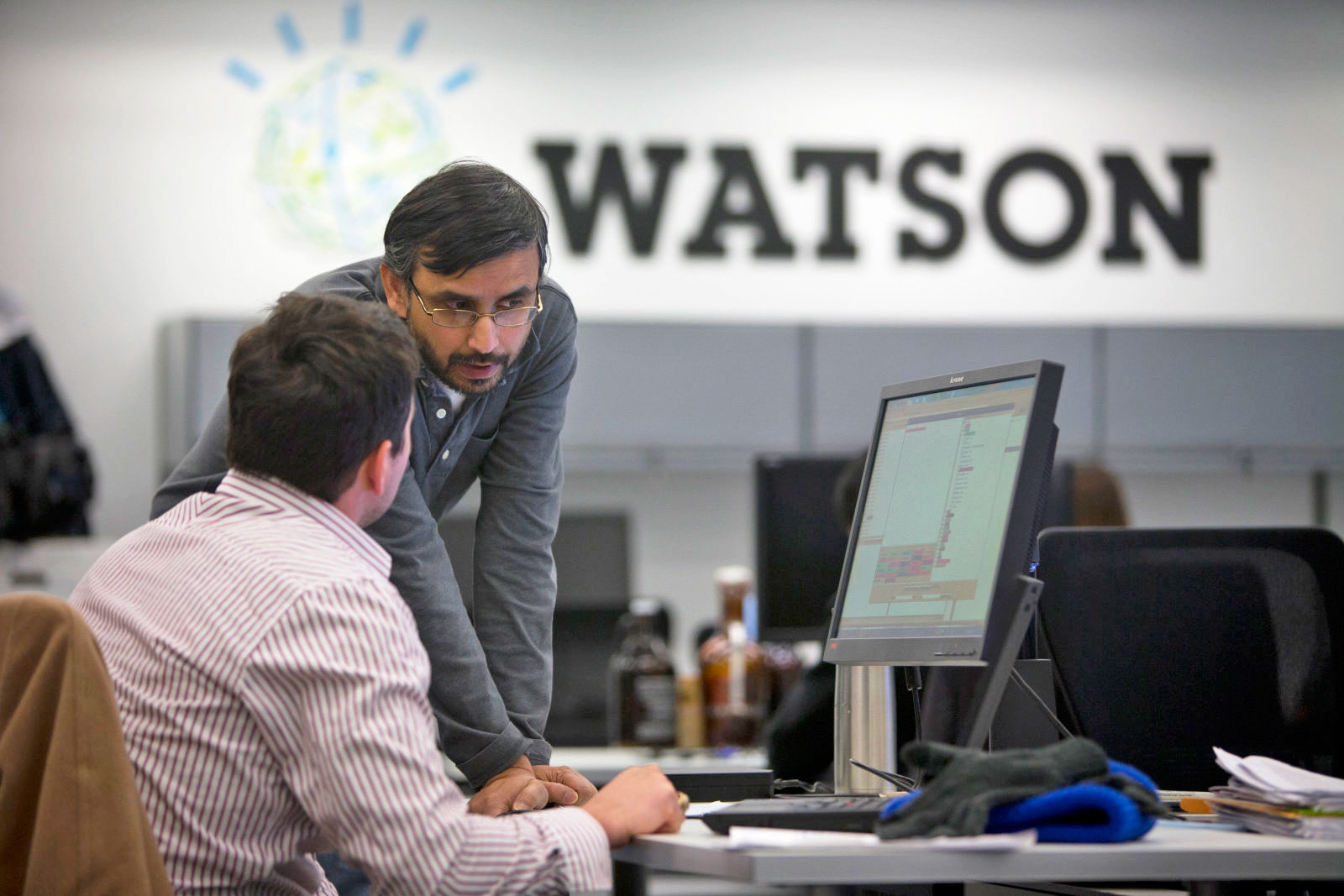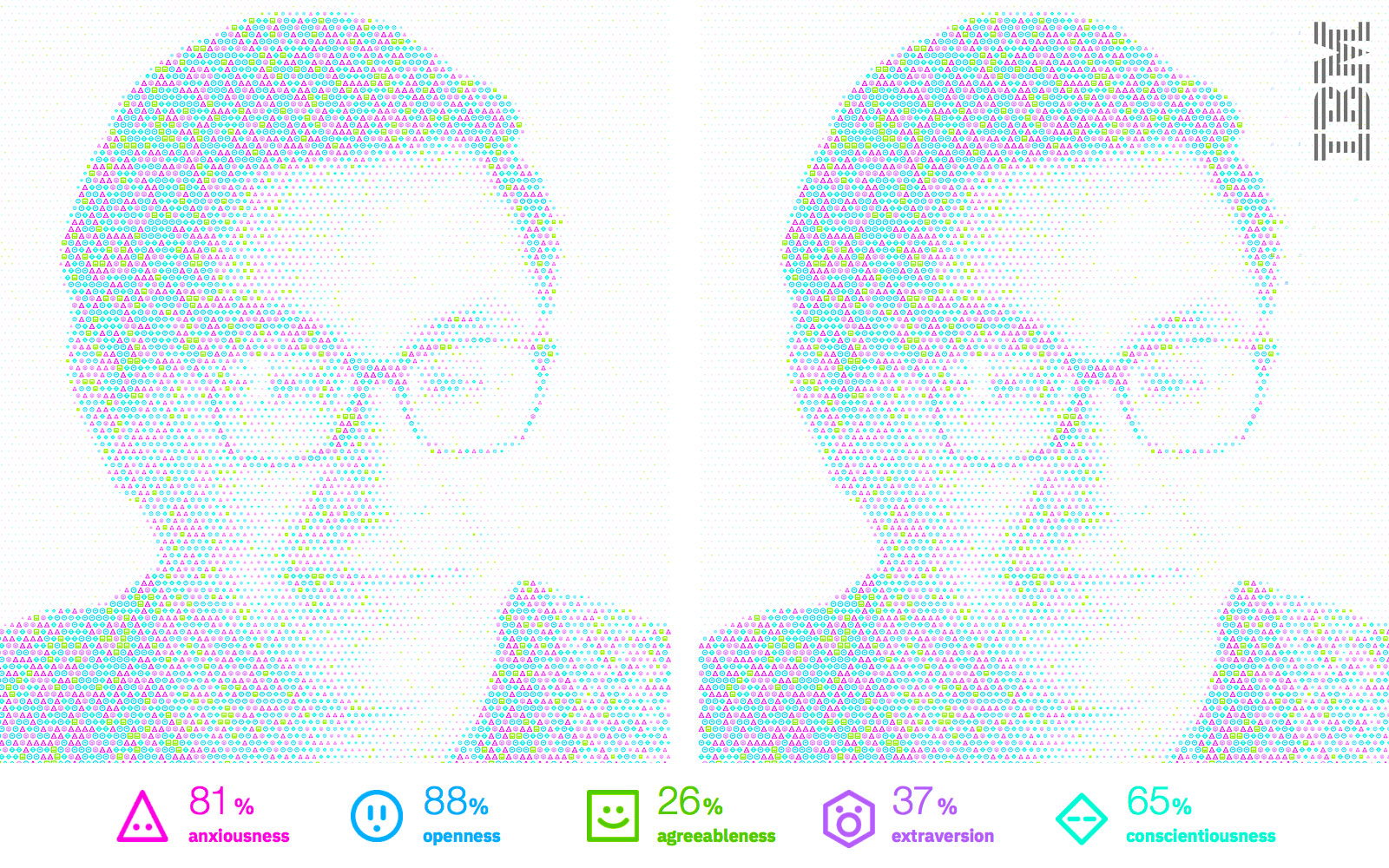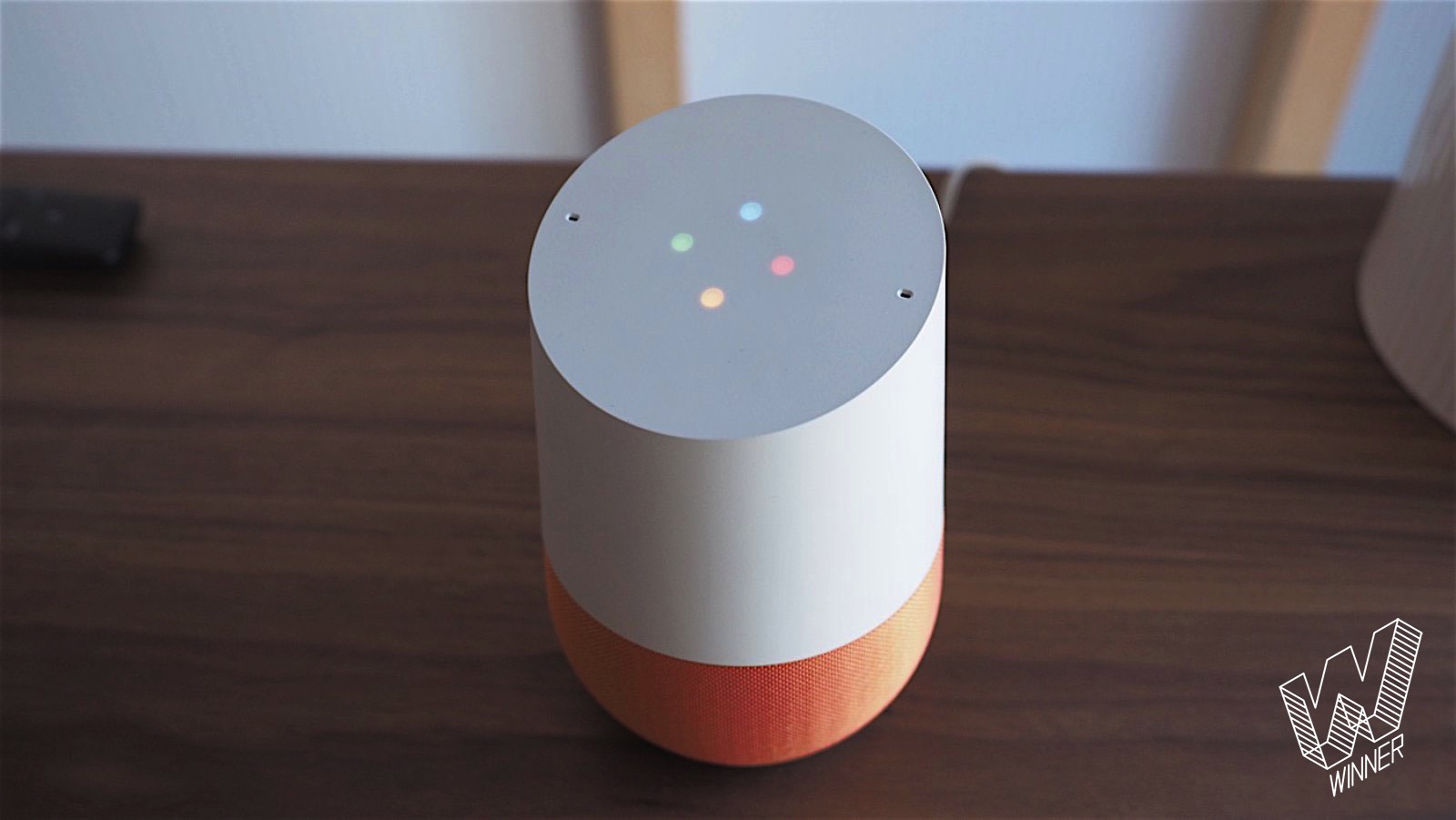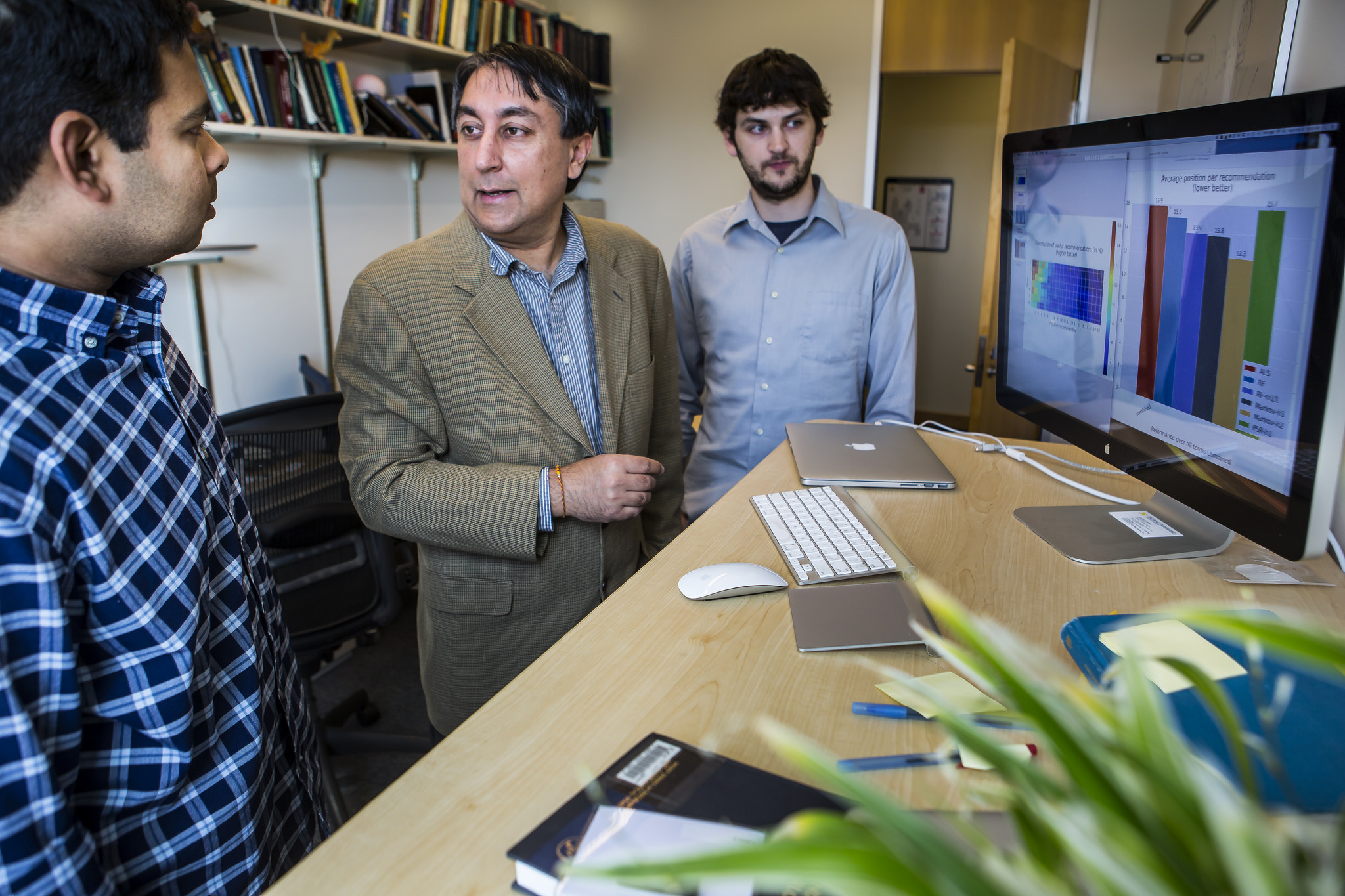
While mad game show skills are nice and all, IBM has started to nudge Watson toward the door to begin paying its own freight. After a recent foray into finance, the publicity-loving supercomputer has now brought its number-crunching prowess to the pharmaceutical and pastry industries, according to the New York Times. If the latter sounds like a stretch for a hunk of silicon, it actually isn't: researchers trained Watson with food chemistry data, flavor popularity studies and 20,000 recipes -- all of which will culminate in a tasting of the bot's freshly devised "Spanish Crescent" recipe. Watson was also put to work at GlaxoSmithKline, where it came up with 15 potential compounds as possible anti-malarial drugs after being fed all known literature and data on the disease. So far, Watson projects haven't made Big Blue much cash, but the company hopes that similar AI ventures might see its prodigal child finally pay back all those years of training.
Filed under: Science
Comments
Source: New York Times
 We're only ten days away from the start of the FIFA World Cup 2018. And for soccer (er, football) fans in the US, Fox Sports will be the TV network responsible for bringing them all 64 games from Russia, at least if they want to watch them in English...
We're only ten days away from the start of the FIFA World Cup 2018. And for soccer (er, football) fans in the US, Fox Sports will be the TV network responsible for bringing them all 64 games from Russia, at least if they want to watch them in English...
 We're only ten days away from the start of the FIFA World Cup 2018. And for soccer (er, football) fans in the US, Fox Sports will be the TV network responsible for bringing them all 64 games from Russia, at least if they want to watch them in English...
We're only ten days away from the start of the FIFA World Cup 2018. And for soccer (er, football) fans in the US, Fox Sports will be the TV network responsible for bringing them all 64 games from Russia, at least if they want to watch them in English...
 Both MIT and IBM are leaders in the field of Artificial Intelligence and now they're teaming up. IBM announced on Thursday that it had reached a 10-year research partnership agreement with the university worth nearly a quarter of a billion dollars. T...
Both MIT and IBM are leaders in the field of Artificial Intelligence and now they're teaming up. IBM announced on Thursday that it had reached a 10-year research partnership agreement with the university worth nearly a quarter of a billion dollars. T...
 Since its introduction to the world in 2009, IBM's Watson supercomputer has been crushing humans in Jeopardy, helping chefs make food with unconventional recipes and even offering tech support. But what happens when the artificial intelligence machin...
Since its introduction to the world in 2009, IBM's Watson supercomputer has been crushing humans in Jeopardy, helping chefs make food with unconventional recipes and even offering tech support. But what happens when the artificial intelligence machin...
 At the Four Seasons hotel in South Korea, AlphaGO stunned grandmaster Lee Sodol at the complex and highly intuitive game of Go. Google's artificially intelligent system defeated the 18-time world champion in a string of games earlier this year. Backe...
At the Four Seasons hotel in South Korea, AlphaGO stunned grandmaster Lee Sodol at the complex and highly intuitive game of Go. Google's artificially intelligent system defeated the 18-time world champion in a string of games earlier this year. Backe...
 If the thought of artificial intelligence conjures up nightmares the likes of Terminator 2 and HAL 9000, XPRIZE's latest competition could disabuse you of that notion. Today at TED2016, XPRIZE is announcing a new contest that invites teams from aroun...
If the thought of artificial intelligence conjures up nightmares the likes of Terminator 2 and HAL 9000, XPRIZE's latest competition could disabuse you of that notion. Today at TED2016, XPRIZE is announcing a new contest that invites teams from aroun...
 We Google things we're too lazy to remember or ask another human. We've become accustomed to asking Siri and Cortana about the weather. The current generation of artificial intelligence can pull facts from the web, keep track of your appointments and...
We Google things we're too lazy to remember or ask another human. We've become accustomed to asking Siri and Cortana about the weather. The current generation of artificial intelligence can pull facts from the web, keep track of your appointments and...
